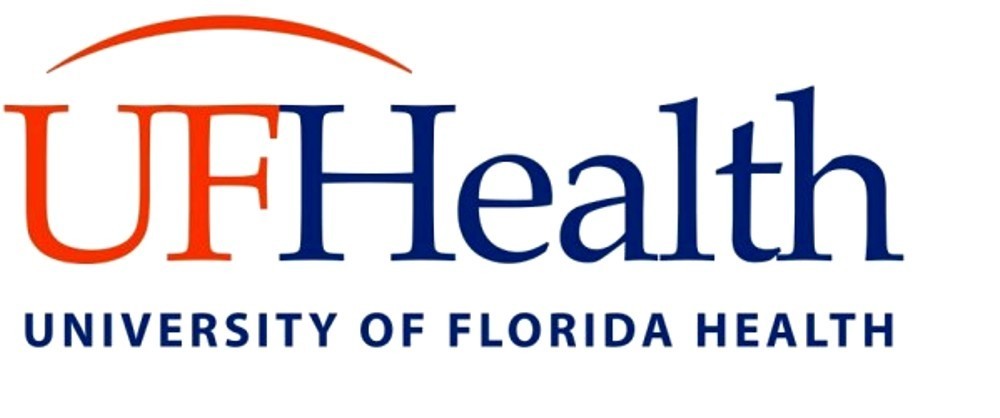
University of Florida (UF) researchers have identified potential protection against impairment following a stroke in the form of selexipag, a Food & Drug Administration-approved (FDA) drug.
The researchers reported their findings in a recent issue of the journal Stroke.
The FDA had previously approved selexipag to address pulmonary arterial hypertension, according to a press release. Scientists at the Evelyn F. and William L. McKnight Brain Institute at UF discovered that the medication proved to support significant neurological functioning improvement in patients following a transient ischemic attack, or stroke.
“This is a clinically used drug that could be repurposed for stroke because there’s a lot of data already in humans on its safety, and we demonstrated that it’s actually protective in a clinically relevant animal model of ischemic stroke,” Eduardo Candelario-Jalil, the study’s senior author and a UF College of Medicine assistant professor of neuroscience, said in the release.
The results of the three-year study indicate a decrease in brain inflammation and injury following an ischemic episode. The potential treatment would complement the only FDA-approved regime for stroke patients, tissue plasminogen activator (tPA).
The UF team next anticipates assessing the feasibility of combining selexipag with tPA, according to the release.
The study was funded by the American Heart Association and the National Institutes of Health.



